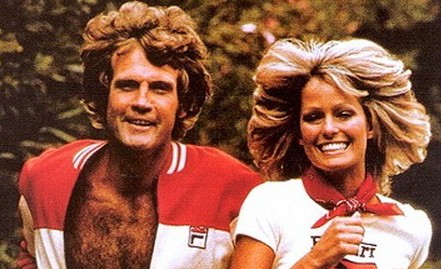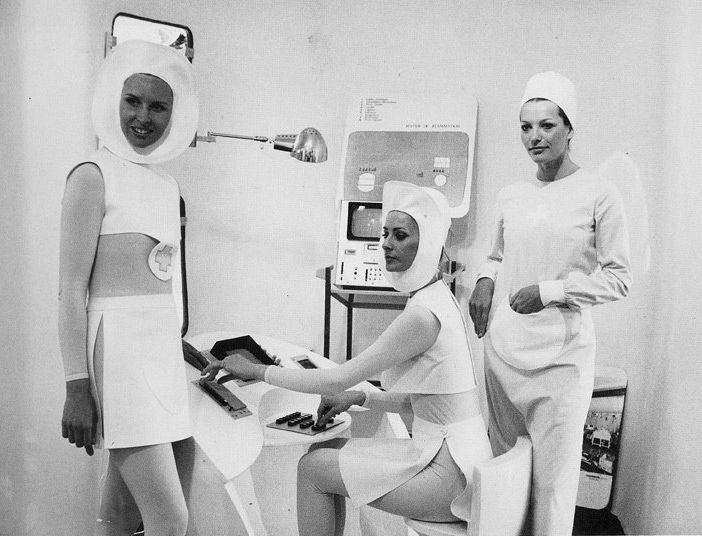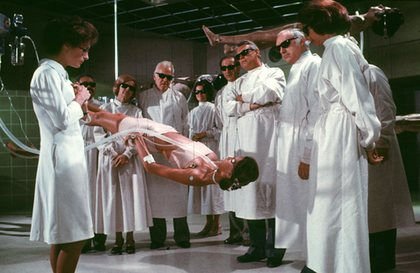Even under the best of circumstances, sperm banks aimed at creating “superior babies” are a faulty proposition. Want the donor father to be a Harvard grad? Remember that Anthony Scaramucci, Jared Kushner and Lou Dobbs—not particularly good or bright people—all fill that bill. Even the so-called “Nobel Prize sperm bank” didn’t really birth any great genius. Despite proactive planning, producing prodigies is a hit-or-miss proposition.
If such a sector serves any purpose at all, it’s as a harbinger of what’s to come when biotech eventually allows adults to “design” their offspring with greater precision. Such “remixing” probably won’t be possible in any profound way in our lifetimes, but something tells me that when it is, we’ll all be smart and beautiful and still kind of shitty.
From Ariana Eunjung Cha’s Washington Post article on the contemporary fertility industry:
Fertility companies freely admit that specimens from attractive donors go fast, but it’s intelligence that drives the pricing: Many companies charge more for donors with a graduate degree.
Talent sells, too. One cryobank, Family Creations, which has offices in Los Angeles, Atlanta, Austin and other large cities, notes that a 23-year-old egg donor “excels in calligraphy, singing, modeling, metal art sculpting, painting, drawing, shading and clay sculpting.” A 29-year-old donor “excels in softball, tennis, writing and dancing.”
The Seattle Sperm Bank categorizes its donors into three popular categories: “top athletes,” “physicians, dentists and medical residents,” and “musicians.”
And the Fairfax Cryobank in Northern Virginia, one of the nation’s largest, typically stocks sperm from about 500 carefully vetted donors whose profiles read like overeager suitors on a dating site: Donor No. 4499 “enjoys swimming, fencing and reading and writing poetry.” Donor No. 4963 “is an easygoing man with a quick wit.” Donor No. 4345 has “well-developed pectorals and arm muscles.”
Some companies offer a face-matching service that finds donors who look most like the prospective mom or dad. Or, if they prefer, like Jennifer Lawrence. Or Taye Diggs. Or any other famous person they want their offspring to resemble.•




